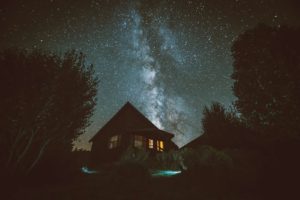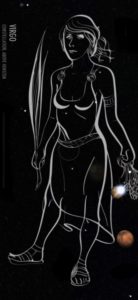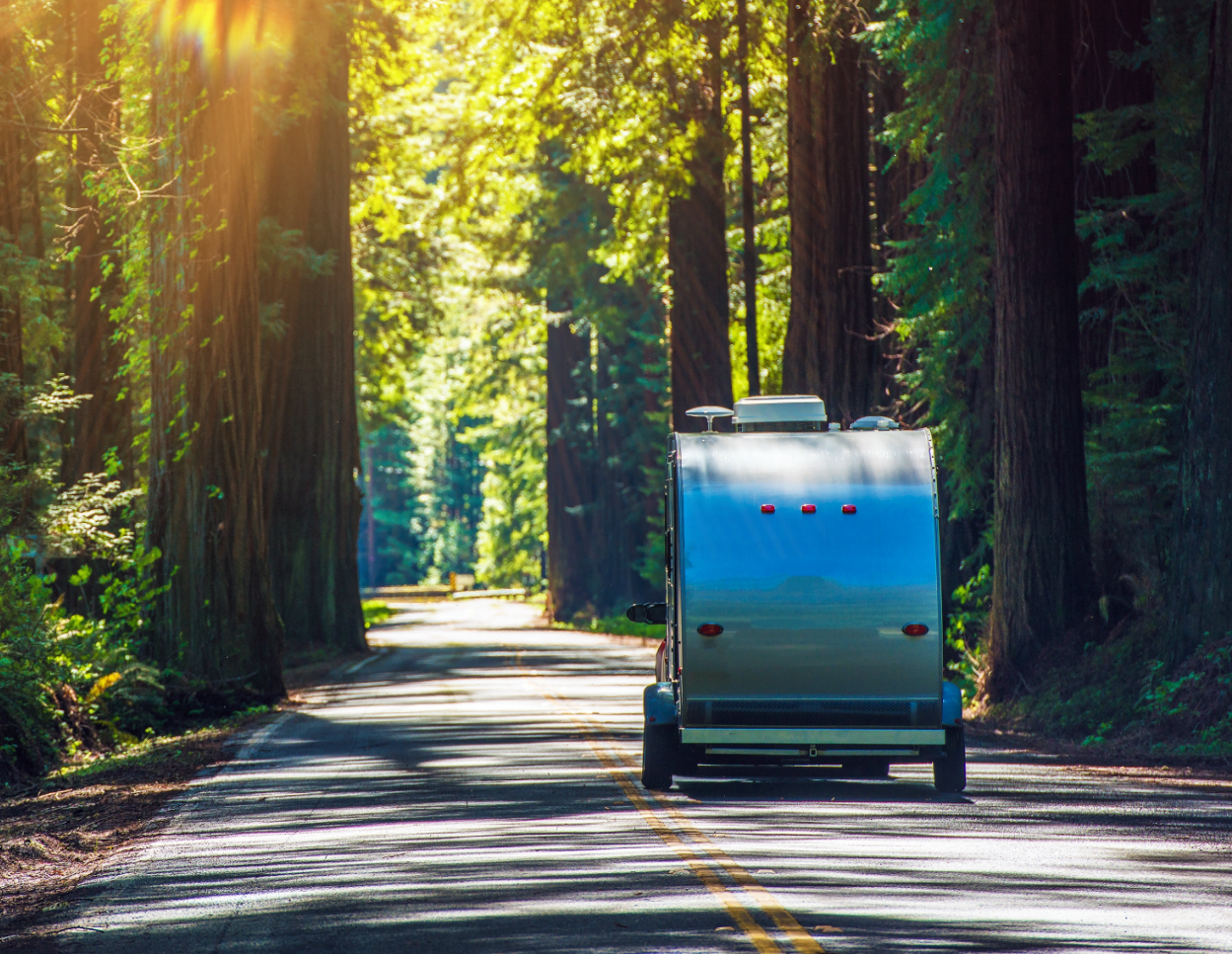 When you’re roadtripping in search of stargazing, especially to certified “International Dark Sky Places,” the cosmos can come alive with a display of universe of eye candy. Below are a few tips to consider when choosing a place to set up your telescope, or lay back with your binoculars – or bare eyes – and take in the celestial offering.
When you’re roadtripping in search of stargazing, especially to certified “International Dark Sky Places,” the cosmos can come alive with a display of universe of eye candy. Below are a few tips to consider when choosing a place to set up your telescope, or lay back with your binoculars – or bare eyes – and take in the celestial offering.
Choose a dark location. Light pollution can be a star sucker. Pick a camping spot away from city lights to minimize light pollution and enhance visibility of stars. Stargazing during a full moon can be tough; during a new moon or when the moon is not visible delivers darker skies and brighter stars. Along those lines…
Avoid bright lights. Use red-tinted flashlights or headlamps to preserve your night vision and not disturb others stargazing around you. And expect your pupils to take some time to widen to the opportunity before them. And watch the idle chatter – noise pollution can be a major buzzkill to others not in your crew.
Bring binoculars or telescope. Enhance your stargazing experience by bringing binoculars or a portable telescope.
 Use a star map or app. Familiarize yourself with the night sky using a star map or stargazing app to identify constellations and planets. We use Skyview (another is The Sky Live). It’s a great astronomer to have in your pocket – and a great conversation piece, even when not stargazing. Most people are floored when you launch that app.
Use a star map or app. Familiarize yourself with the night sky using a star map or stargazing app to identify constellations and planets. We use Skyview (another is The Sky Live). It’s a great astronomer to have in your pocket – and a great conversation piece, even when not stargazing. Most people are floored when you launch that app.
Be Patient. Give your eyes time to adjust to the darkness, as it can take about 20-30 minutes for optimal night vision.
Dress accordingly. Nights can get chilly while camping, or the bugs can be out in force. Dress in layers to stay comfortable during your stargazing session, and consider bringing some bug spray to keep the biters at bay.
Bring a comfortable chair, mat – or hammock. Ensure you have a comfortable spot to sit or lie down while stargazing to avoid straining your neck.
Watch the calendar. Meteor showers, moon phases, comet crossings, planet alignment. They’re always up there. Check the dates for upcoming celestial events and plan your camping trip around those events for extra cosmic beauty.
Stay safe. Always be aware of your surroundings, avoid dangerous areas, and bring whatever you need for a safe and enjoyable experience.
And, as South Florida astronomer Jack Horkheimer used to say in his weekly TV segments or planetarium trips, “Keep looking up.”
